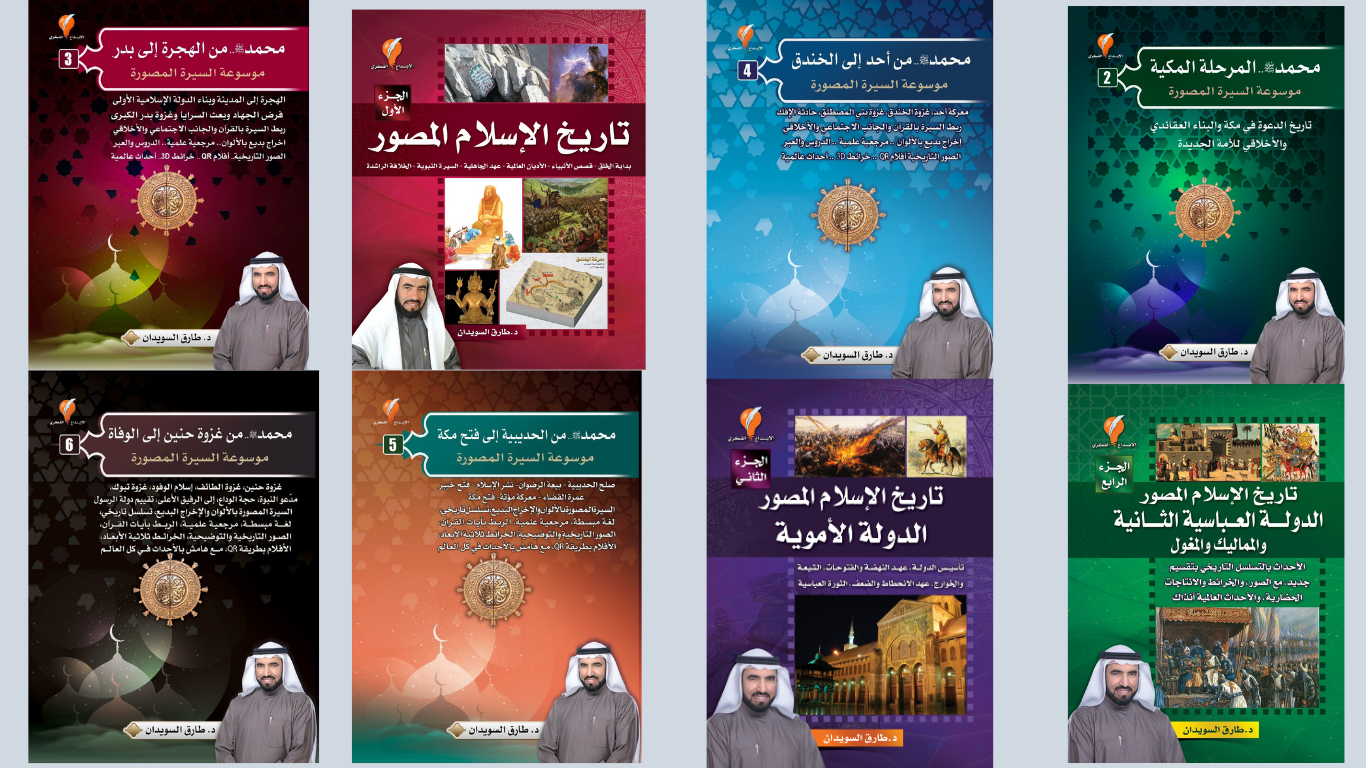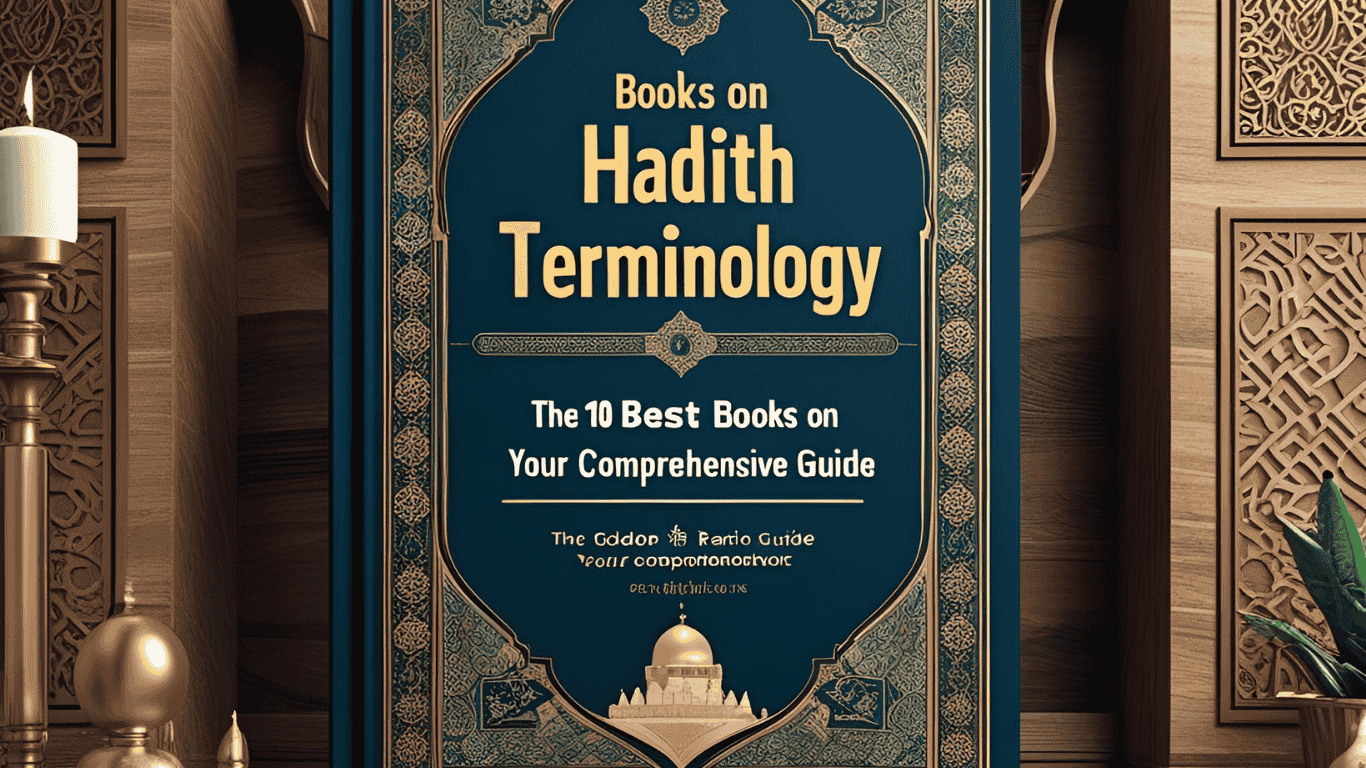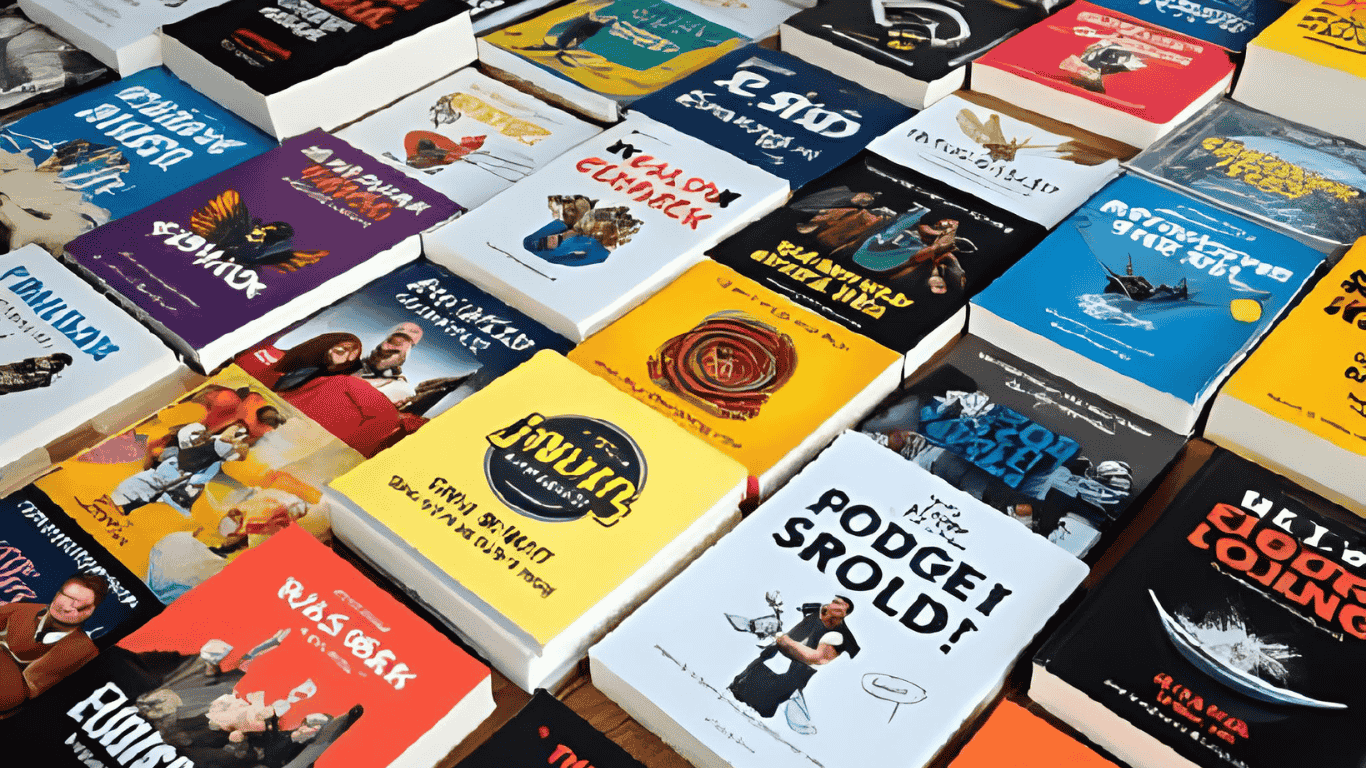Blog details
The Prophetic Biography by Tareq Al-Suwaidan
How Did the Prophetic Biography Become a Contemporary Leadership Methodology?
The Prophetic biography has evolved beyond a traditional historical narrative into a contemporary leadership framework. Leaders across various fields draw deep lessons from it on planning, management, and influence. Amid rapid global transformations, there is a pressing need for leadership models rooted in Islamic values and culture. Here, the Prophetic biography in Al-Suwaidan’s methodology serves as a practical guide to understanding effective leadership mechanisms, crisis management, and change-making aligned with today’s challenges.
Who is Tareq Al-Suwaidan?
Overview of His Intellectual and Scientific Journey
Tareq Al-Suwaidan is a thinker, writer, and management trainer holding a degree in electrical engineering and Islamic studies. His diverse experiences span teaching, media work, and leadership training, providing him with a holistic vision that integrates modern science with Islamic approach. He is among the foremost advocates of developing Islamic thought to meet contemporary demands, relying on a scientific and analytical methodology in studying Islamic heritage.
His Interest in the Prophetic Biography as a Gateway to Renaissance
Al-Suwaidan considers the Prophetic biography the cornerstone for Islamic renaissance, as it contains comprehensive models of leadership, planning, management, and innovation. Through deep study of the biography, contemporary leaders can extract practical insights to motivate individuals, build institutions, and create social impact.
An Introduction to the Prophetic Biography in Al-Suwaidan’s Thought
Analyzing the Prophetic Personality from a Leadership Perspective
Al-Suwaidan views Prophet Muhammad’s personality as an exceptional leader embodying wisdom, courage, and flexibility. He analyzes this personality through dimensions such as decision-making in crises and human resource management to build genuine loyalty and achieve strategic goals.
The Difference Between Traditional Narrative and Structural Analysis
Al-Suwaidan offers a new reading of the biography, going beyond a chronological recount to a structural analysis that connects events to leadership principles, providing practical insights that influence the reader and trainee’s reality.
Tareq Al-Suwaidan’s Sources in Studying the Biography
Primary References and Scientific Documentation
Al-Suwaidan emphasizes relying on accurate and documented sources, combining famous biography books, Prophetic traditions, and Islamic history, while adding modern research tools like critical analysis and field documentation.
Employing Biography Sources in Building an Administrative Model
Using these sources, Al-Suwaidan designs an administrative model inspired by the biography where Prophetic leadership principles apply practically in strategic planning, decision-making, and team management.
Characteristics of Presenting the Prophetic Biography by Al-Suwaidan
Interactive Presentation Style Targeting Emotion and Intellect
Al-Suwaidan uses an interactive style that stirs emotions and stimulates intellectual interest, relying on impactful and balanced storytelling between emotional and analytical aspects.
Educational and Managerial Language in Presenting Events
Events are presented in a pedagogical and managerial style linking historical facts to modern concepts of leadership and management, facilitating understanding and practical application.
The Prophetic Biography as a Strategic Planning Methodology
Prophetic Vision and Mission as a Model for Modern Institutions
The biography contains a clear vision and mission enabling institutions to formulate strategic objectives rooted in stable values and adaptable to change.
Applying the Principle of Gradualness and Flexibility in Change Management
The biography exemplifies adopting gradualness and flexibility as an approach for thoughtful, sustainable change that reduces internal resistance.
Leadership Lessons from the Life of the Prophet
Crisis Management Through the Battle of Uhud
The Battle of Uhud highlights lessons in managing sudden crises, leadership under pressure, and the importance of unity and solidarity in facing challenges.
Team Building and Leading Diversity Through the Hijra
The Hijra teaches how to build a diverse yet cohesive team from different cultures and ethnicities while maintaining a shared identity and unified vision.
Influential Communication in the Pledge of Aqabah
The Pledge of Aqabah reflects a unique style of communication and negotiation, building strategic alliances based on trust and mutual respect.
Pivotal Stations in the Biography According to Al-Suwaidan’s Analysis
Mecca: Intellectual Foundation and Propagation Challenge
Mecca represents the beginning of establishing a solid religious thought amid hostile conditions, refining the leader’s personality and highlighting resilience.
Medina: State-Building and Establishing Law
The move to Medina carries lessons in building political and legal institutions and organizing society on just foundations.
Hudaybiyyah: Genius of Peace and Negotiation Management
The Treaty of Hudaybiyyah showcases negotiation intelligence and seeking peaceful solutions preserving interests away from direct confrontations.
How Does Al-Suwaidan Employ the Biography in Leadership Training?
Designing Leadership Programs Inspired by the Biography
Al-Suwaidan develops training programs based on Prophetic values and principles aimed at developing practical and analytical leadership skills.
Motivation and Influence Strategies Using Prophetic Stories
He relies on Prophetic stories to create profound impact on trainees, stimulating creativity and desire for change.
Prophetic Education in Al-Suwaidan’s Project
Value-Building Methodology Through Situations
Al-Suwaidan uses biography episodes as sources to build an integrated value system instilling integrity, patience, and justice.
Role of the Biography in Forming a Comprehensive Educational Model
The biography embodies a foundation for balanced education combining knowledge, ethics, and personal development.
Tareq Al-Suwaidan’s Prophetic Biography Series
Content of Episodes and Method of Treatment
The series focuses on presenting the biography with deep analytical approach, integrating real stories and leadership models.
The Series’ Impact on Shaping Islamic Youth Awareness
It contributes to developing new leadership awareness among youth encouraging critical thinking and innovation within an Islamic framework.
Comparison Between Al-Suwaidan’s Presentation and Traditional Biographies
Conceptual and Methodological Differences
Al-Suwaidan transcends traditional narrative to offer a contemporary reading linking past and present in understanding leadership and management.
Employing Modern Management Science in Reading the Biography
He relies on modern management principles such as strategic planning, participative leadership, and intelligent resource management.
Social Impact of the Biography as Presented by Al-Suwaidan
Its Role in Building Leadership Awareness in Islamic Communities
It helps shape influential leaders striving for positive change at various levels.
Its Impact on Enhancing Belonging and Identity
It strengthens national and religious belonging by recalling biography values as a living reference.
Criticisms and Responses
Academics’ Perspective on Al-Suwaidan’s Methodology
Views vary between admiration for scientific accuracy and skepticism toward some interpretations, opening fruitful dialogue.
Responses to Methodological Objections
Al-Suwaidan clarifies that the goal is to renew Islamic discourse and present it suitably for the age without compromising fundamentals.
The Future of Presenting the Prophetic Biography from a Contemporary Perspective
How Can the Al-Suwaidan Model Be Developed?
By using modern technologies and integrating multimedia to expand beneficiary reach.
The Role of New Generations in Completing the Project
Future generations are tasked with continuing development and innovation in presentation and training methods.
Why Is Tareq Al-Suwaidan’s Method of Presenting the Prophetic Biography a Thought Revolution?
Because it combines authenticity and modernity, deep knowledge and understanding, opening new horizons for applying the biography in life.
Frequently Asked Questions
What Is the Difference Between Tareq Al-Suwaidan’s Biography Book and Traditional Books?
His presentation focuses on leadership and strategic analysis rather than mere historical narration.
Is There a Visual or Audio Version of the Biography as Presented by Al-Suwaidan?
Yes, there are visual and audio programs and training courses targeting different audiences.
What Makes This Prophetic Biography Model Suitable for Entrepreneurs and Leaders?
Because it offers practical tools derived from an integrated leadership experience enhancing decision-making and effective influence.
اطرح سؤالك على ChatGPT

 Your guide to the best books o...
Your guide to the best books o...
 How do you get free e-books?
How do you get free e-books?
 Your guide to reading various...
Your guide to reading various...
 Download books for free: A com...
Download books for free: A com...